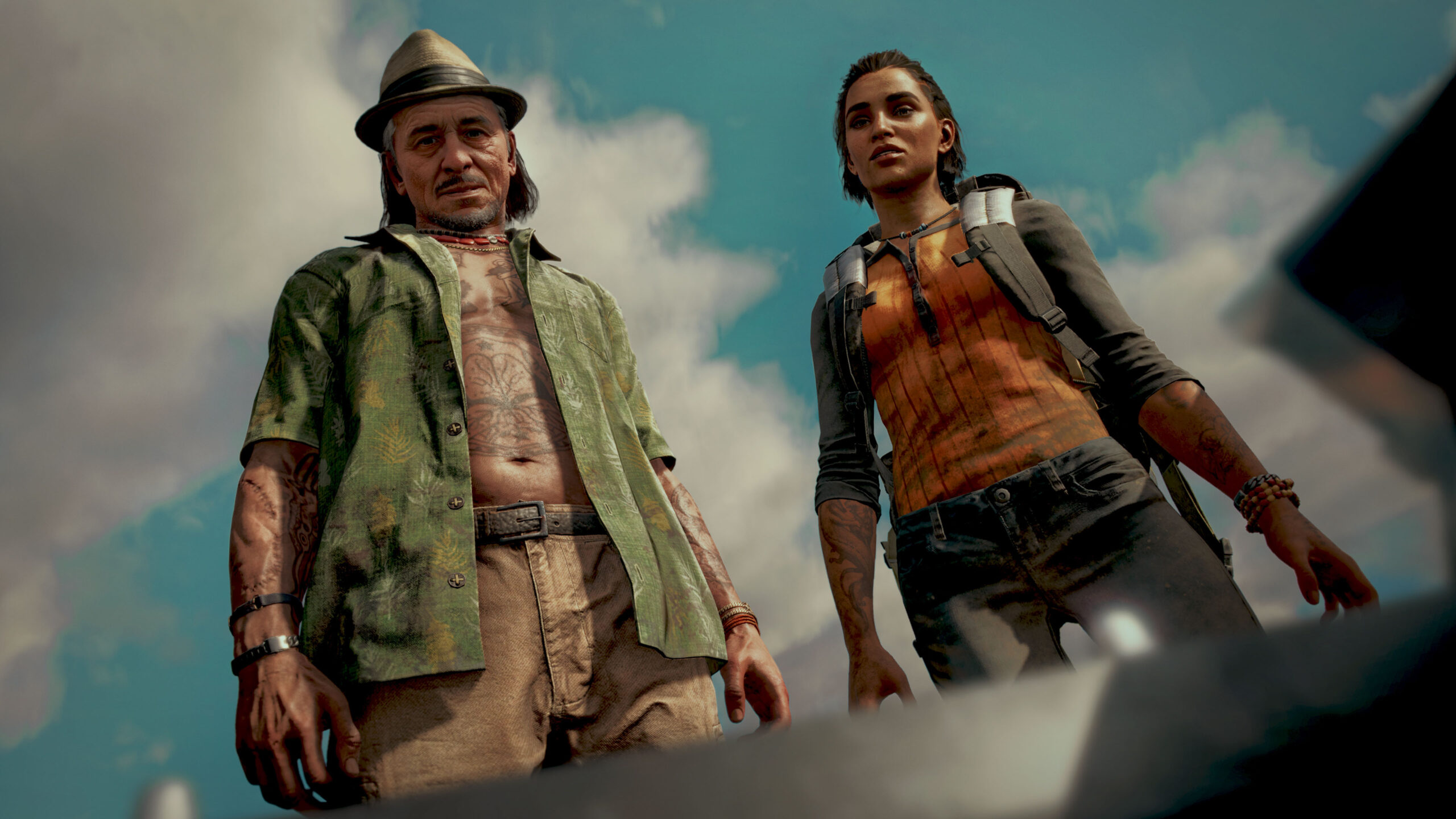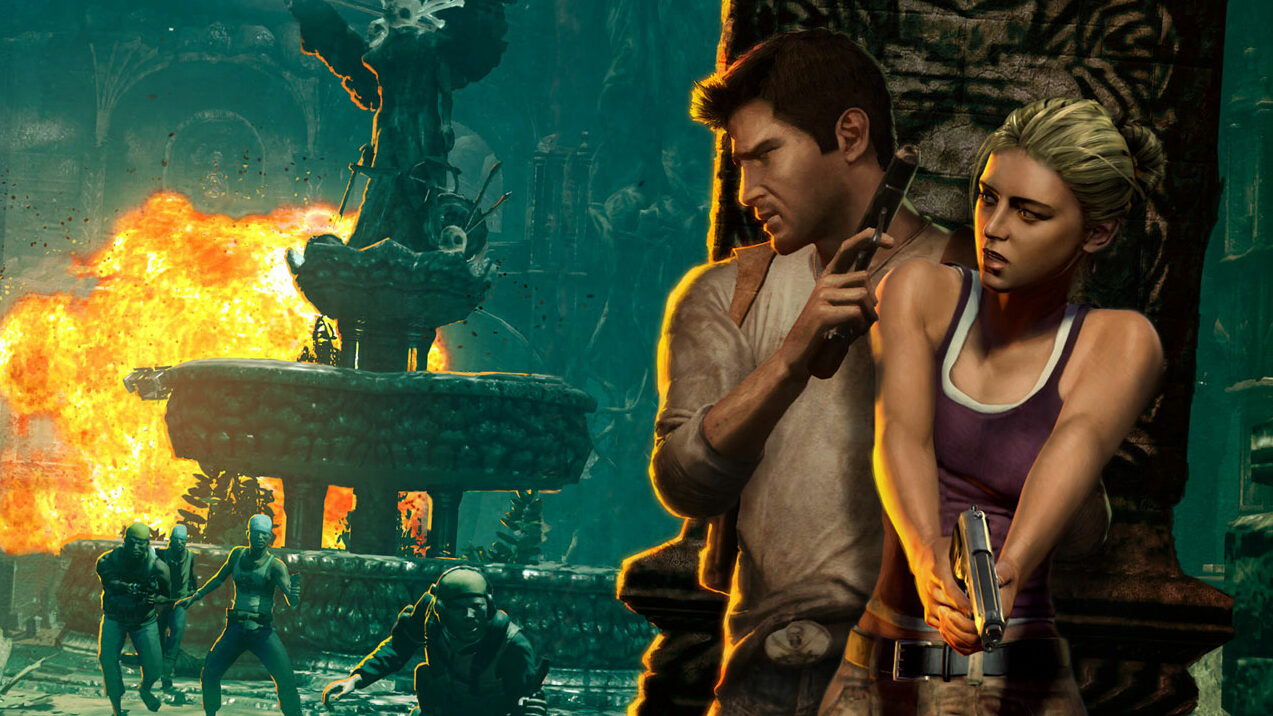Share
This article is more of a mea culpa than anything. See, I recently bought an Xbox Series X to replace my Xbox Series S, which I have used almost every day since launch last year. I love the current Xbox ecosystem, and so the added power and SSD space of the X alone would’ve justified the cost. But, one of the most critical factors in my decision to upgrade came as a surprise: I missed having a disk drive.
Between my Series S and disc-less PS5, I had stepped fully into the all-digital future. For a while, I was totally happy with that decision. In part, I still am. I’m more than happy to buy most modern titles digitally, although being able to take advantage of physical sales is a critical benefit that I’ll have access to again. But, that’s secondary to the crux of why I want a disk drive once more, and why they’re such an important facet of the console space with respect to questions of retro gaming and preservation.
an idealistic lens
My previously-bullish stance was that digital distribution was the one-stop answer to both. In theory, I believed that the ubiquity of digital storefronts would curate an environment that promoted perpetual access to generations of games, thus preserving them. A cornerstone of retro gaming and the preservation of it is access. If I can’t easily, or at least affordably, gain access to a title, then it isn’t really preserved to be enjoyed by the wider community. Digital solves this problem. It releases the stranglehold that resellers have on the value of older, out of print titles, and it solves for the scarcity intrinsic to these games also.

On the whole, I still believe that continuing to promote a digital future will result in an environment where more and more older titles migrate forward. We’re in the age of the collection and the subscription service – both of which have paid great dividends in the pursuit of preservation. From the likes of N64 Online to Konami’s compilations to PlayStation’s rumored Spartacus service, we have a cheap and wide selection of games running the gamut from the Atari era to today at our digital fingertips. That’s incredibly valuable to the preservation movement.
At the same time, games are beginning to fall through the cracks more and more often. While the push to all-digital benefits us greatly by lowering the barrier of entry to the likes of Blinx: The Time Sweeper, it also threatens an entire content distribution pillar. As digital sales rise and companies begin feeling comfortable pivoting away from boxed releases, we run the risk of Series Ss or All-Digital PS5s becoming the norm. Physical media remains incredibly important and we can’t lose sight of that. For too long, I took this axiom for granted on the promise of digital distribution. Once I lost current-gen access to physical media though, I realized how short-sighted I had been.
the dangers of all-digital
Optical drives are the ultimate protection against moves like Rockstar delisting the original versions of the GTA trilogy. Now, in the case of GTA, having a PS2 copy of San Andreas wouldn’t have done that much since neither the PS4 or PS5 would’ve read the disc. But, it’s the concept here that matters. They can never take away that hard copy. Physical media is still the immutable bulwark against these companies playing fast and loose with legacy titles. Implicit in the removal of the GTA games was the assumption that people would have no issue just buying the new versions and forgetting the old ones. Preservation doesn’t work like that.

If the overall culture shifts in a way that physical media is phased out, then anti-preservation practices like digital de-listings are far more likely to jeopardize access to the very back catalogs that have been so carefully assembled since the seventh generation. As more and more games are arbitrarily delisted, I’ve become more and more jaded by the notion of a digital-only solution to preservation. There’s a necessary symbiosis between physical and digital games.
Microsoft in particular is illustrating this point through Xbox’s Backward Compatibility program. The ability to put a disc copy of Max Payne or Red Dead Redemption into the Series X’s drive to enjoy seamlessly enjoy the game and the benefits of modern upscaling is so wonderful. This is a critical example of physical and digital preservation practices overlapping in a way that makes retro gaming better than ever. I fully intend to affordably build a collection of original Xbox and Xbox 360 titles that I can then play in their optimal state thanks to Xbox’s retro initiatives. It’s remarkable that Microsoft, in the same breath as its cloud gaming push, centralizes these older titles in its corporate strategy. This is a true preservation of legacy, and not just for headliners like Halo: Combat Evolved. Niche and licensed games are likewise being restored alongside the megahits.
greatness cut short
Supporting Microsoft’s retro endeavors is fundamental in building a culture that remembers the importance of maintaining both physical and digital releases. We can uphold a digitally-facing ecosystem on the whole, while continuing to integrate the benefits of physical media. Tangible ownership, perpetual access – these advantages can be supplemented by digital initiatives like FPS Boost and Backward Compatibility which strengthen physical discs. By promoting this sort of approach to retro gaming, we can make it more difficult for companies to act flippantly with their games on the Xbox Marketplace or PlayStation Network.

As such, Microsoft’s commanding success on this front makes its decision to not release another wave of Backward Compatible titles all the more disappointing. The Xbox ecosystem is already walking all over Nintendo and PlayStation in this respect. No other platform is making retro gaming this seamless. If you own the disc, pop it in and enjoy a cleaned-up experience. That is the philosophy. For the sake of the community moving forward, it’s a principle that should be adopted across the board. Unfortunately, cutting such initiatives short makes it easier for the larger industry view this great legwork simply as a fad.
That just isn’t good enough, especially in light of de-listings ranging from Ducktales to GTA to Uncharted. For all the benefits of access afforded by digital distribution, leaning too heavily on this model is a recipe for leaving physical behind and thus putting preservation in jeopardy. Bear in mind, I’m a believer in the digital future. I’m a proponent of Game Pass. I think that these models will make the medium much stronger. But, I no longer believe in my solely-digital position. Beyond the simple joys of physical game collecting, there are much larger implications for retro gaming if physical is forgotten.




